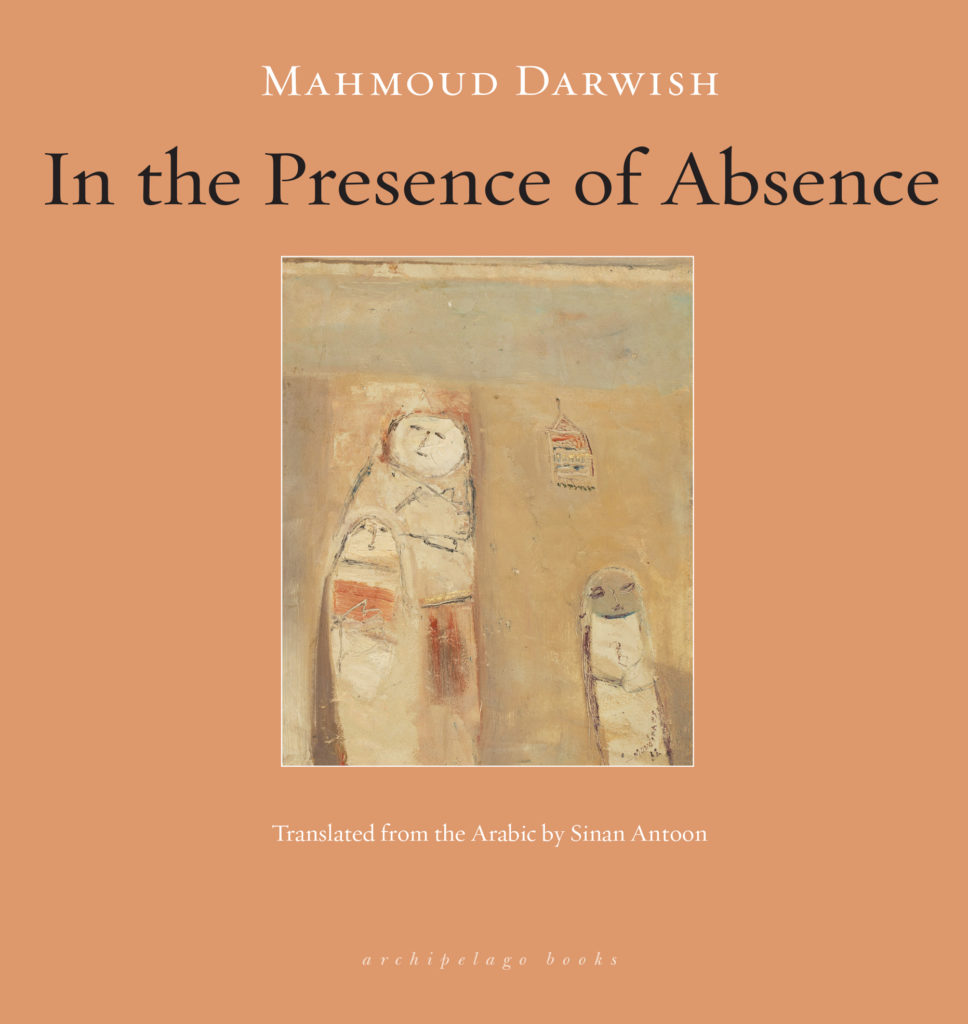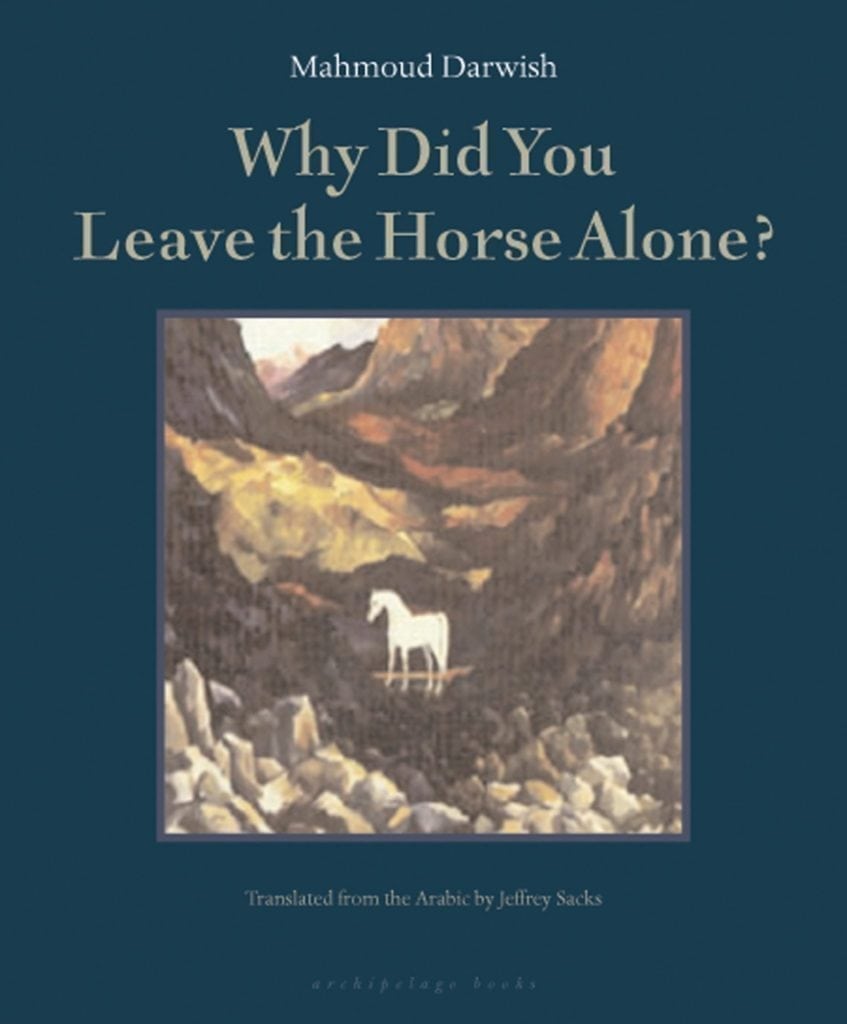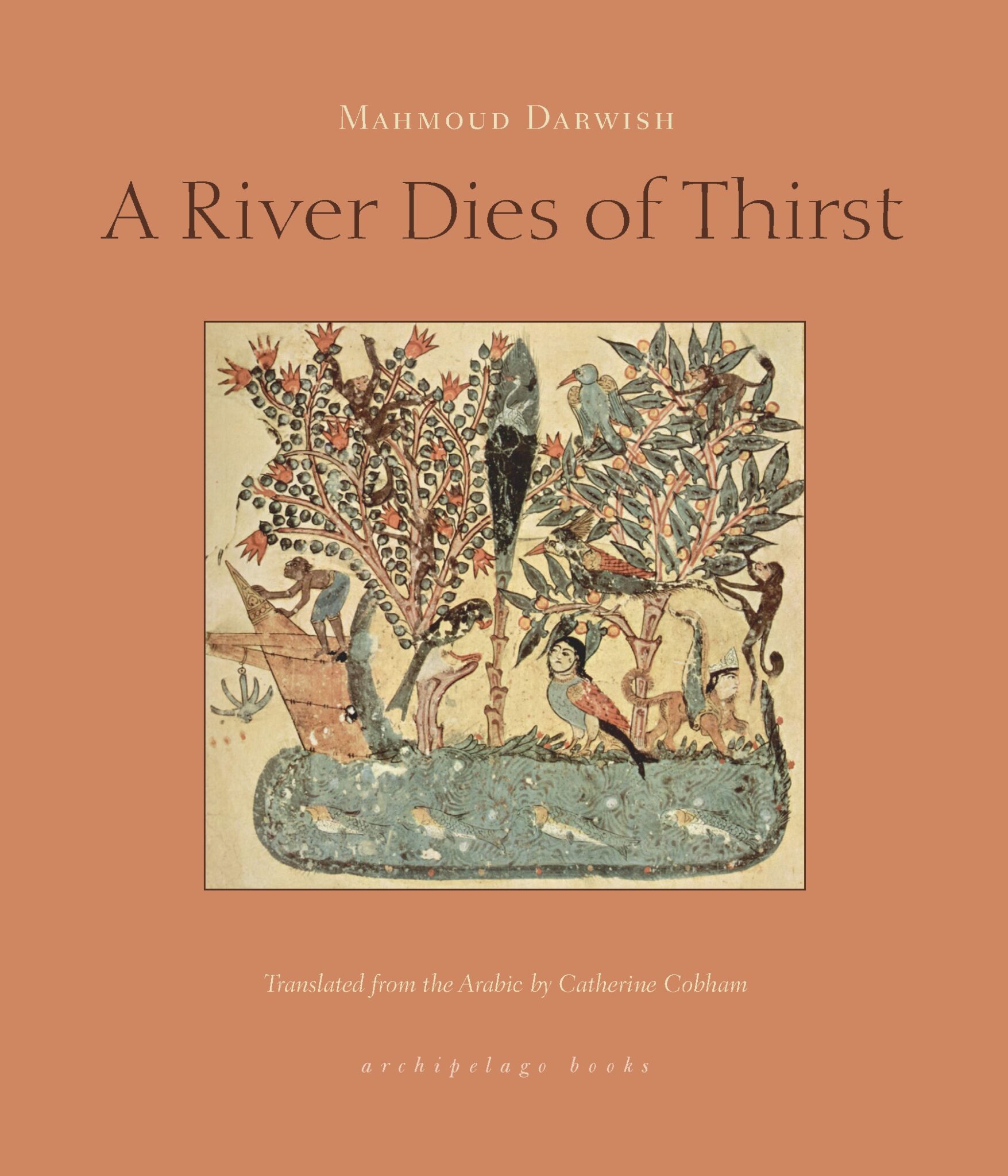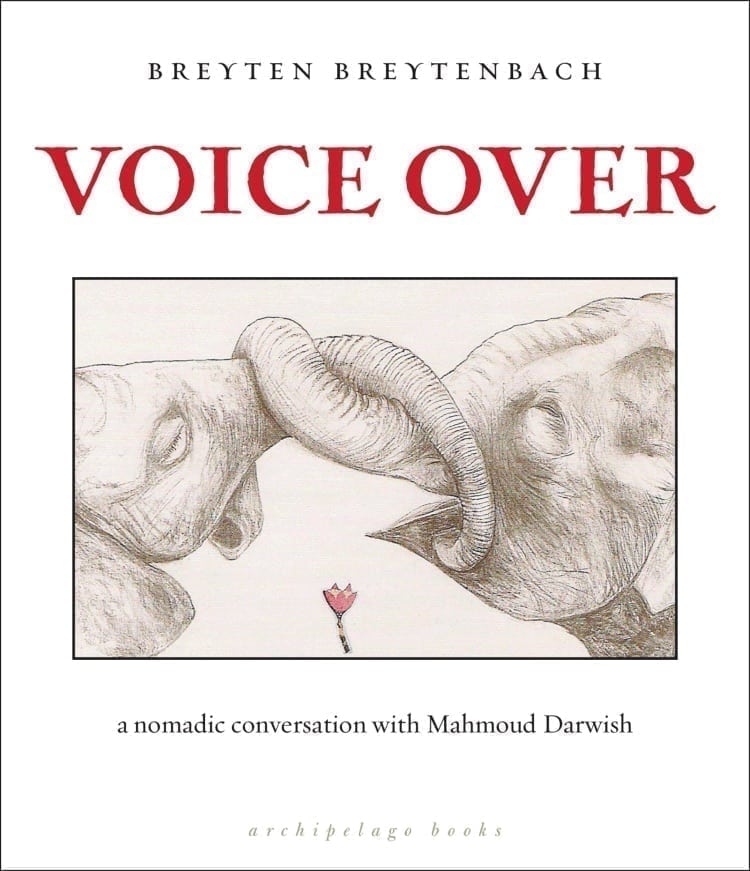Praise
Mahmoud Darwish [is] the truly great poet of the Palestinian people, their traditions and experiences. It is through the poetry of Darwish that ones learns what it meant, and still means, to be a Palestinian with cultural roots that reach far back in time...he fashioned a new literary Arabic that merged vernacular idioms with the classic language. His Arabic gave voice to the Palestinians who had been driven from their homeland, and with this voice Darwish created poetry of the highest order by any standard. He speaks for his people, but like all great poets he speaks for every human being.
In a unique hybrid of verse and prose, Mahmoud Darwish, shadowed by mortality, created an autobiography of exile and return, a lyric narrative whose every section is at once a vivid aperçu of life unfolding in history's shadows and a poem with a poem's internal logic. Sinan Antoon's careful and graceful translation re-creates the work's beauty, irony, and power for Anglophone readers.
Mahmoud Darwish is one of the greatest poets of our time. In his poetry Palestine becomes the map of the human soul.
To render Mahmoud Darwish's work into another language is a dangerous adventure. What Sinan has done with In the Presence of Absence is a kind of miraculous work of dedication and love. Reading this volume is sheer enjoyment and sublimity.
Then came silence. Mahmoud Darwish began to read. We did not know a word of Arabic, but we heard his voice reach out and sink deep down to pluck the strings of the Palestinian soul. It was a magical night in Ramallah, the magician, Mahmoud Darwish, whose spell was cast the way it has been through ages--simply by being that elusive archetype, much envied and feared by power--a poet at ease with, because attuned to, his own people.
[A] unique achievement . . . It offers costly wisdoms from a life journey, rendered in the opaque lyricism of Darwish's poetry . . . His is the voice of dispossessed Palestine but its longings, including sheer lust, are universal. This book overflows with resonant lines and questions . . . It is a book for life.
Beautiful . . . inescapably lyrical.
Mahmoud Darwish [is] perhaps the foremost Palestinian poet of last century. . . . Some come for the truth and stay for the beauty; others come for the beauty and stay for the truth. . . . Darwish’s stunning poetics can be revealed—through the sheer egality of its referents—as a political coup: Because of his poetry, the Holocaust and al-nakba, the destruction—as the Palestinians call the founding of Israel—can now be compared. Not in the numbers of the victims, neither in the intentions of the victimizers—rather in how the individual human howl is, and will be, worded.
There are two maps of Palestine that politicians will never manage to forfeit: the one kept in the memories of Palestinian refugees, and that which is drawn by Darwish’s poetry.
Darwish is to be read with urgency, in the night, when nothing else moves but his lines.
Darwish is the premier poetic voice of the Palestinian people . . . lyrical, imagistic, plaintive, haunting, always passionate, and elegant—and never anything less than free—what he would dream for all his people.
Darwish deserves to be—needs to be—read. . . If the unorthodox volume exudes the perfume of finality, it is with the sweetness of a rich dessert.
Extras
* Read an excerpt on PEN’s blog.
* An interview with translator Sinan Antoon in The Irish Times






